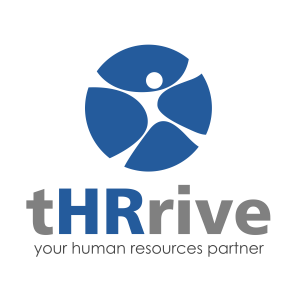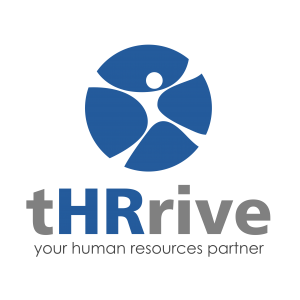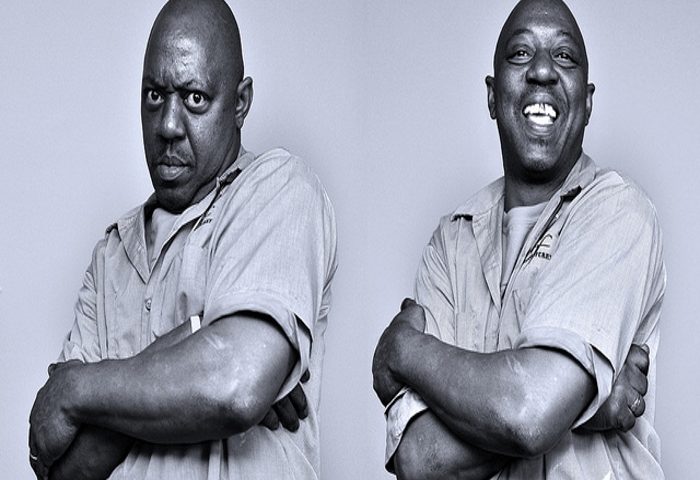Improve your job interview body language

Job Fair Success
February 17, 2017
Looking for work – create a job search checklist
February 17, 2017How important is body language in a job interview? During a job interview, your body language is just as important as your responses to the interviewer(s) questions.
About 85% percent of our interpersonal communication is nonverbal. How you sit, communicate style, eye contact and even facial expressions, provide a good assessment tool and impact how a candidate is perceived. Body language can make all the difference between job interview success and failure.
Body Language is different from one candidate to another, yet it still provides similar cues to an interviewer when evaluating your responses during a job interview. Using positive body language correctly will make you look and feel more confident, which in turn will improve your responses and better your chances of having a successful job interview.
Handshake: Shaking hands with interviewer(s) is good first impression. This creates a friendly and professional image. Make sure your handshake is firm and same pressure. Mirror your grip with the interviewer; it avoids any dominant vibes.
Sitting in your chair: Sit down slowly and take a moment to get comfortable. If you look relaxed, it’ll encourage your interviewer(s) to feel at ease in your company. Avoid flipping the chair around, sway back and forth or lounging back in your chair.
Posture: Make sure you feel comfortable with your posture. Sit upright or lean forward a little to project a confident image. Do not fidget. Keep your feet close together or crossed and your body facing the interviewer(s).
Eye Contact: Look at the interviewer(s) when answering questions. Don’t just maintain eye contact with the interviewer, who asked you the question, acknowledge all interviewers when providing your responses. Make sure you look sincere and honest and don’t forget to blink.
Remember; try not to overdo eye contact with the interviewer(s). A gaze that lasts longer than ten seconds can cause discomfort. During silence, look away and don’t continue staring at the interviewer(s); this will cause discomfort.
Facial Expressions: A smile always eases nervousness, so smile; this will show your enthusiasm. Be careful not to look too eager or impassive that you don’t seem to care.
Voice: Speak clearly and slowly without deviating from your natural tone. Do not rush your answers; pause when you are thinking of appropriate replies before answering questions. Pausing and thinking of your answer before responding to the question will help you avoid “uhs” and “ums” or other nervous mannerisms excessively.
Show Humor: Use humor appropriately in a job interview to relax your nerves and lighten up the atmosphere in the interview room. Be careful not to be overly humorous, your interviewer(s) may feel that you are not serious enough for the job.
Use your hands: The use of hands while expressing yourself as you speak shows a certain confidence in your responses. Use your hands to explain your answers or describe your ideas. Try and keep your hands visible during the job interview.
Maintain Interest: Show interest when the interviewer(s) speak by nodding your head in approval and showing that you understand the question. Refrain from crossing your arms, thumb twiddling, finger drumming, and other fidgeting mannerisms.
Show Professionalism: Finally, keep your comments positive and on a professional level. Language should be clear, with simple jargon and no curse word or swearing.
Focus body language that’s as free and natural as your speaking style, but don’t be too controlled or rehearsed. When your movements are in sync with your answers, you’ll seem confident and in control.
Information provided by HR Difference.
Our HR team specializes in providing small and medium sized companies with cost-efficient and customized human resources consulting solutions and learning management systems to meet your need and budget. We also provide custom resume writing and telephone job interview coaching for job seekers.





